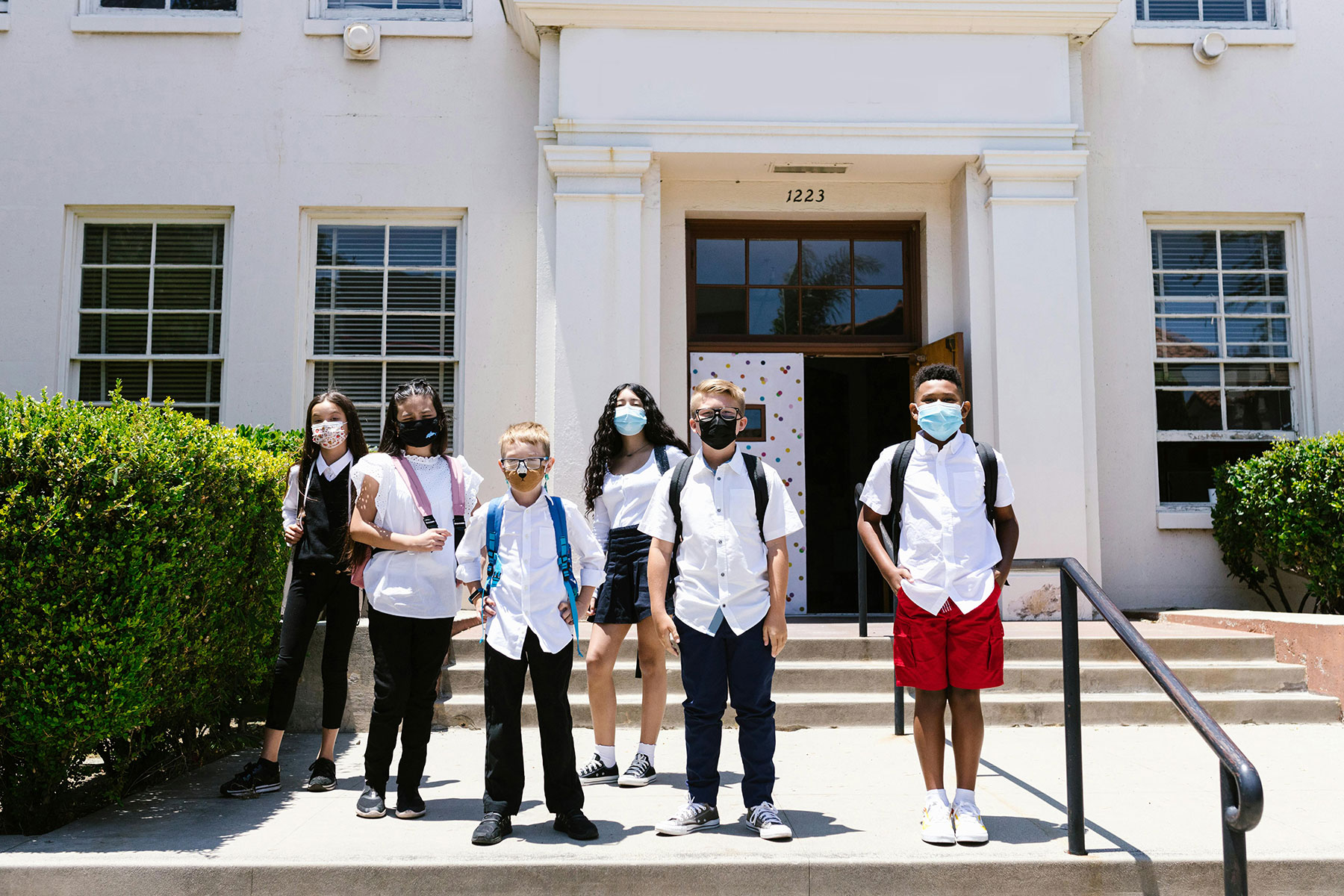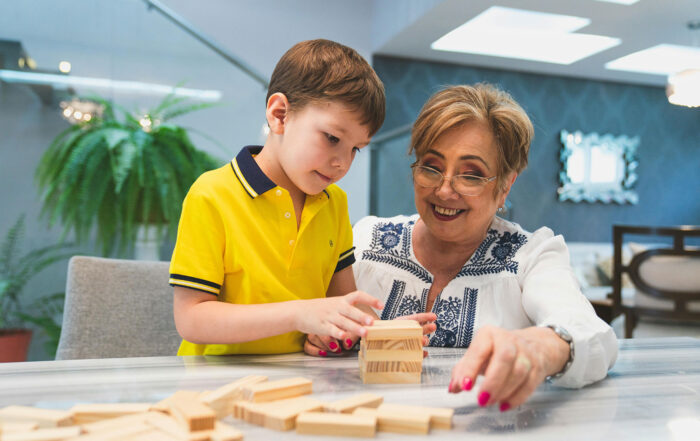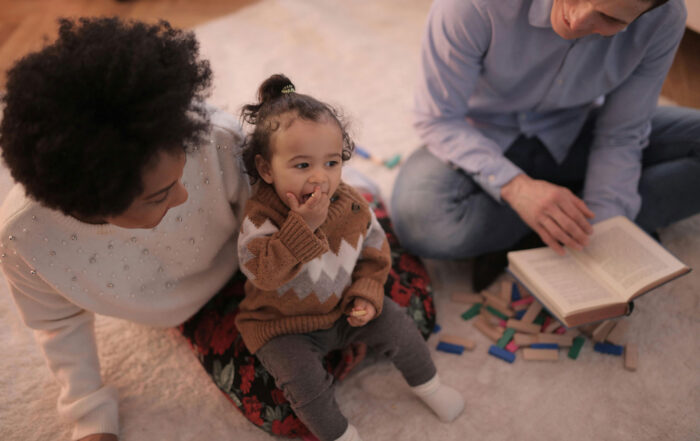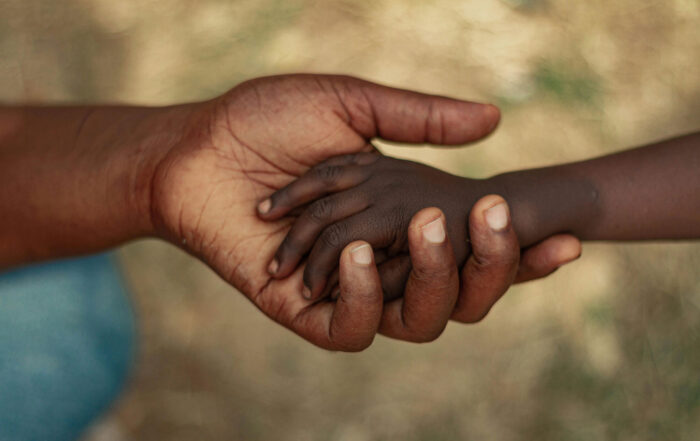
Rosalinda Guzman was inside a bathroom stall at school when something begged for attention.
It was on the door, where the school posts announcements.
“That little tiny piece of paper was just so different from everything else that it really caught my eye,” said the 18-year-old student from Kersey who attends Windsor Charter Academy.
“And it said, ‘Are you feeling stressed? Talk to your counselor. Email here or just walk in.’ And so, I did.”
That was in January when the students came back into school to learn in person.
Rosalinda, who goes by Rosi, has long struggled with anxiety, depression and abandonment issues. She also has trust issues from being bullied when she was younger. She said she’s weathered the ups and downs of the pandemic pretty well. But over the past few months, noticed she’d been feeling guilty about eating.
“It really gets in my head that I have to lose weight and I have to be slim and I can’t gain weight,” Rosi said. “So that makes me just not want to eat and not be hungry and lose my appetite.”
Eating disorders are up across all age groups during the pandemic. The school counselor encouraged Rosi to start journaling what she eats and how she feels about it. An online eating disorder group helped. Rosi feels she’s eating pretty regularly now. Being back in school helped connect her to mental health support. But while kids are at home learning remotely, many haven’t been able to access mental health interventions that might help.
Students’ mental health experiences during the pandemic have been mixed. Some kids are thriving. They like sleeping in a bit more and getting snacks when they want. Others, however, struggle.
Some adults worry about a powder keg of anxiety as more students cycle back into school. Although there’s light at the end of the pandemic tunnel now, some counselors report many children and teens are feeling emotionally, mentally and physically exhausted. It’s unclear right now whether the steps the state and some schools are taking will be enough to meet the need.
Share This Post!
Trauma in Children During the COVID-19 Pandemic
Across the nation, everyone is being exposed to and reacting to the confusing, stressful, and sometimes frightening situation of the 2019 coronavirus disease (COVID-19) pandemic in different ways. But are we, and our [...]
How to Keep Children’s Stress From Turning Into Trauma
By Stacey Steinberg Children may be processing the disruptions in their lives right now in ways the adults around them do not expect: acting out, regressing, retreating or even seeming surprisingly content. [...]
Addressing Race and Trauma in the Classroom: A Resource for Educators
By the National Child Traumatic Stress Network This resource is intended to help educators understand how they might address the interplay of race and trauma and its effects on students in the [...]
The startling toll on children who witness domestic violence is just now being understood
By Jayne O'Donnel and Mabinty Quarshie USA TODAY SAVANNAH, Ga. – Latrelle Huff says her twins were conceived by rape. Now she blames domestic violence for her children's health problems. The Georgia [...]
The lasting impact of neglect
By Kirsten Weir The first time Nathan Fox, PhD, stepped into a Romanian orphanage, he was struck by the silence. "The most remarkable thing about the infant room was how quiet it was, [...]
Children may act out due to grief or trauma of COVID-19 pandemic, and other lessons from HIV/AIDS
By Julie B. Kaplow and Mark W. Kline No infectious disease since HIV/AIDS in the 1980s has captured the world’s attention in the way COVID-19 has. The HIV/AIDS pandemic is still with [...]







